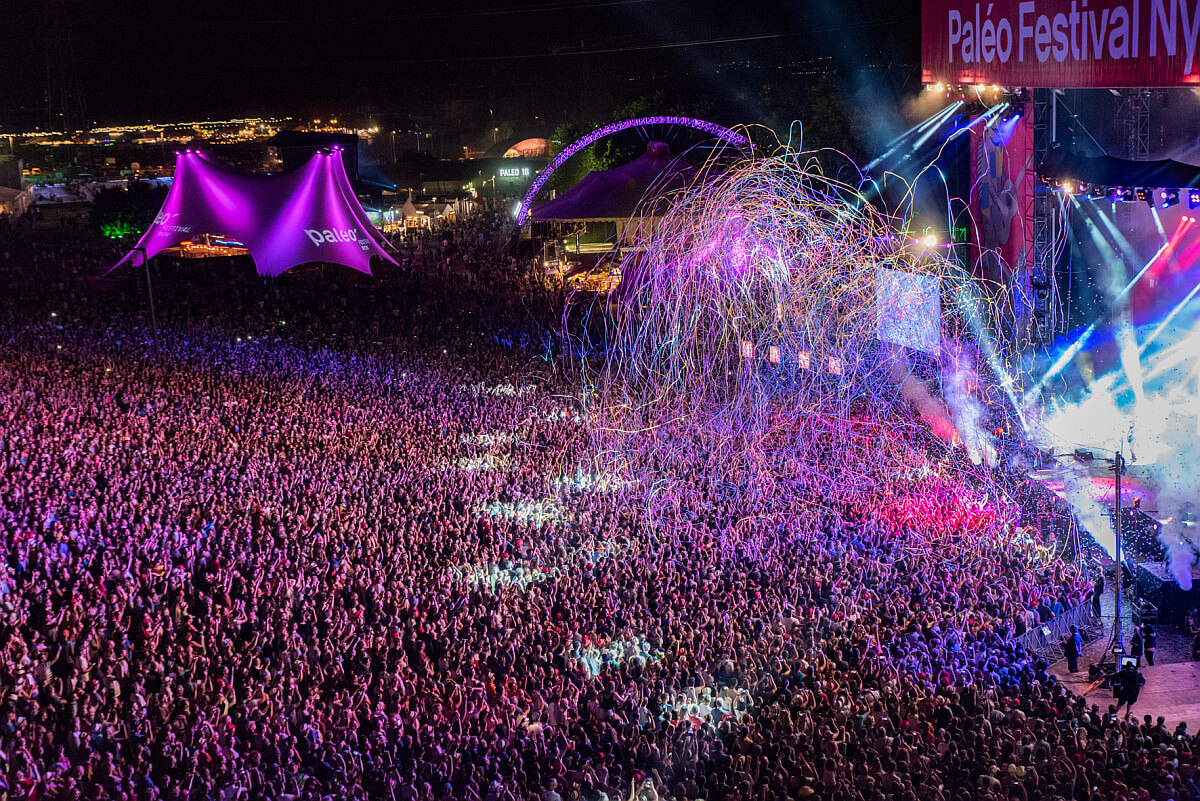How to protect tourist sites without falling into mass surveillance?

Tourist overcrowding, a challenge for territories
From Mont-Saint-Michel to Saint-Paul-de-Vence, via the calanques or the historic centers of our big cities, French tourist sites are facing ever greater pressure. While tourism remains an economic driver, it also represents a threat to the preservation of heritage, the quality of life of residents and public safety. Saturated roads, crowded pedestrian areas, material damage or even conflicts of use: the list of negative effects of overcrowding is growing year by year.
Faced with these challenges, communities are seeking to better understand tourist behavior. When do visitors arrive? How much time is left? Which areas are the most in demand? This data is essential for planning developments, adapting public services and preventing risks. But collecting them raises another question: how to obtain this information without falling into intrusive surveillance?
The temptation of the all-technological
With the rise of the smart city, many public actors are using technological devices to monitor and secure tourist sites. High-definition cameras, sensors, drones, artificial intelligence... These tools make it possible to monitor flows in real time, identify suspicious behavior, or automatically detect incidents.
But this increased use of video surveillance is raising serious concerns. At a time when the protection of personal data is at the heart of debates, the border between intelligent management and massive surveillance is becoming blurred. Many citizens fear a gradual shift towards permanent control of public space.
Anonymous technologies at the service of regulation
Fortunately, it is possible to use data to protect tourist sites without identifying individuals. New generations of sensors and cameras make it possible to collect useful information — traffic volumes, traffic density, length of presence — without ever recording images or personal data.
For example, sensors placed at the entrances to a village or a natural site can count visitors in real time. Some smart cameras, configured in “privacy by design” mode, automatically blur faces or do not keep any images after analysis. Aggregated data then makes it possible to understand trends, anticipate peak traffic, and make informed decisions.
These tools are already being used successfully in several cities. In Saint-Paul-de-Vence, for example, local authorities use cameras with embedded intelligence to assess tourist attendance without violating privacy. The aim: to preserve the heritage and avoid congestion, while respecting residents and visitors alike.
Managing data responsibly
Adopting these technologies is not enough: it is still necessary to guarantee their ethical and transparent use. Citizens must be informed of the mechanisms in place, their purpose and the guarantees implemented to protect individual freedoms. Clear signage, accessible privacy policies, and regular communication are essential to build trust.
Likewise, it is essential to involve local actors — traders, residents, associations — in technological choices. Shared governance, based on transparency and listening, reinforces the acceptability of projects while improving their effectiveness.
Finally, the devices installed must be evaluated regularly: are they really useful? Do they respect the commitments made? Technical and legal audits can help to adjust uses and maintain a high level of requirement.
Protecting without supervision: a way forward
Protecting tourist sites does not necessarily mean multiplying cameras or control tools. By focusing on technologies that respect privacy, by promoting collective intelligence and transparency, cities can reconcile tourist attractiveness, heritage preservation and respect for freedoms.
The smart city of tomorrow will not be one of surveillance, but of trust. A city capable of anticipating without delay, of regulating without controlling, and of valuing its heritage without sacrificing it to technology.
The protection of tourist sites in the face of overcrowding is an increasingly crucial issue for territories. But this protection should not come at the cost of individual freedoms. Today, thanks to anonymized and non-intrusive technological solutions, it is possible to better manage visitor flows, anticipate risks and preserve infrastructures without falling into a logic of generalized surveillance.
The future of tourist destinations requires a balanced and ethical approach to data. An approach that makes transparency, of citizen inclusion And of the privacy protection the pillars of intelligent management. Protecting without supervision is also a way of strengthening attractiveness and trust, for the benefit of residents and visitors alike.
Latest articles
Stay up to date with everything that's going on at Technis: product news, articles, and tutorials.







.jpg)
